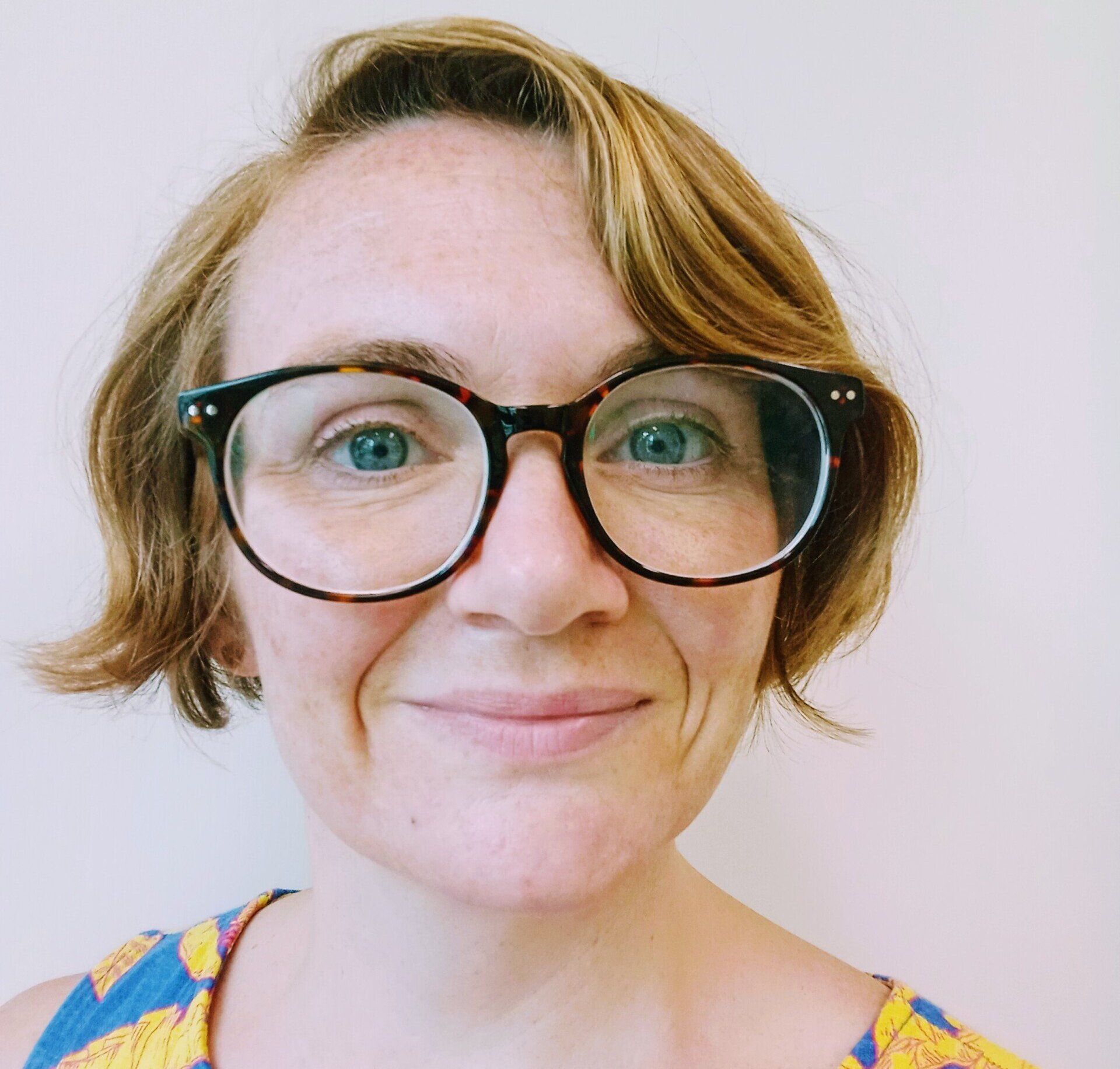Extra-curricular signs of hope during social unrest? Young people ‘doing’ global citizenship through social media
DR HELEN HANNA, MANCHESTER INSTITUTE OF EDUCATION, UNIVERSITY OF MANCHESTER
During times of social and political uncertainty and unrest, young people and education are often visible participants or visible targets. Over the past decade, countries like Hong Kong and Thailand have experienced upheaval stemming from social protest movements. At the same time, organisations like UNESCO have attempted to create unifying discourses that seek to help learners go beyond nationalism towards grander ideas of global citizenship and a sense of belonging to a global community. UNESCO (2014, p. 11) claims there has been a ‘shift’ in education, which ‘recognises the relevance of education and learning in understanding and resolving global issues in social, political, cultural, economic and environmental areas.’ One outcome of such discourses has been the rise in interest in Global Citizenship Education (GCE).
It has long been established that an effective education in a diverse society must incorporate some exposure to a variety of views on different topics, but the extent to which this should include contentious or controversial issues is not agreed upon (Hanna, 2019). GCE as understood by UNESCO and SDG 4 clearly conceives that education should involve allowing learners to grapple with a variety of views, working out how they feel about them, and how to respond in the world beyond the school gates. However, in some societies where young people have been involved in social and political protest, the state has targeted the education system as a way of controlling them. In Hong Kong, this has resulted in a citizenship curriculum that has become increasingly nationalistic, focused on patriotism and unity of Chinese identity, at the expense of fully recognising young people’s rights to multiple and local identities, as well as their rights and responsibilities to act on injustice in their communities. Teachers have been suspended for designing materials that discuss controversial ideas such as Hong Kong independence, teachers’ unions have disbanded, many have left the profession and moved overseas, and student leaders have been arrested. In Thailand, while the curriculum focuses on peace and analysing and even suggesting remedies for the human rights abuses in the country, there has been a show of force at student protests that has led to multiple arrests for those who have raised questions about the legitimacy of the government and the monarchy. Therefore, it is hard to see how the goals of GCE might be fulfilled in such a challenging climate.
But not all hope is lost. I have been reminded recently that not all education happens in school. For all its ills, social media like Twitter and Instagram offer an opportunity for young people in countries like Hong Kong and Thailand to connect across borders – young people who feel that their rights are not being respected, that they are not being listened to, and that they have no chance in school to express themselves or to change things. This connection has led to them being dubbed, along with some other Asian countries, as the ‘Milk Tea Alliance’ after the famous drink that is popular across East and Southeast Asia. Vanijiaka Voranai, a political analyst from Thammasat University in Bangkok, regards young people in both places as having ‘shared cultural values’, such as a love of freedom and ‘the courage to fight for change’ (cited in Chen & Taylor, 2020). While, as educationalists, we may be trying to play our part in improving the education system, through the curriculum or by other means, the use of social media here highlights the interconnectedness of young people that goes beyond what an education system might be able to provide for them.
Global Citizenship Education in the 21st century seeks to go beyond the nation state, towards a cross-national global identity of common humanity and sense of belonging, based on universal values like human rights. Looking at Hong Kong and Thailand can give us hope that young people have agency of their own, and can make things happen for themselves, sometimes even in spite of what their education system desires.
References:
Chen, D.H. and Taylor, J. (2020). Young and restless: Hong Kong and Thailand protests parallels. Hong Kong Free Press, 19, October, 2020. Available at: https://hongkongfp.com/2020/10/19/young-and-restless-hong-kong-and-thailand-protest-parallels/?fbclid=IwAR0o9HPcCyTyhF_yuShmR-7a-wuOJDPcABgVZH9OusLG2wNDJxKjmLBf9Hc
Hanna, H. (2019). Young People’s Rights in the Citizenship Education Classroom. Basingstoke: Palgrave. Available at: https://link.springer.com/book/10.1007/978-3-030-21147-9
UNESCO (2014). Global Citizenship Education: Preparing Learners for the Challenges of the Twenty-First Century. Paris: UNESCO. Available at: https://www.gcedclearinghouse.org/sites/default/files/resources/170053eng.pdf
Biography:
Helen is a Lecturer in International Education at Manchester Institute of Education, having previously worked in education in Hong Kong, Mainland China, South Africa and Russia. She is passionate about advocating for children and young people’s rights to, in and through education, especially freedom of expression and respect for their identities.
This article was first published in Engage 25.





